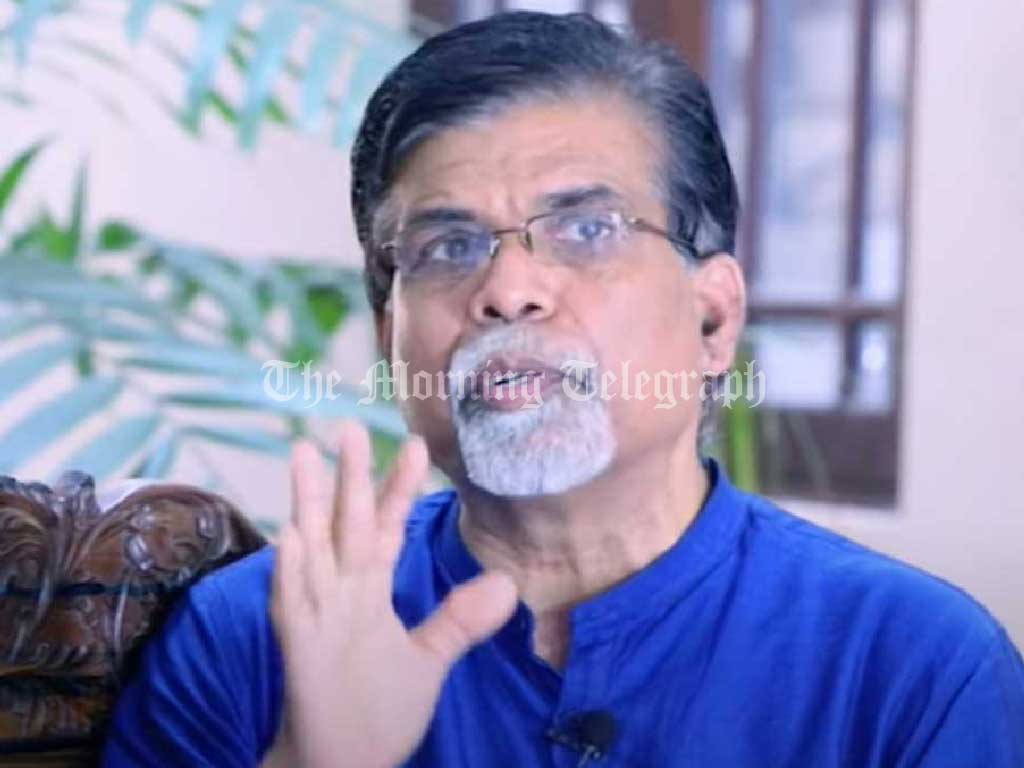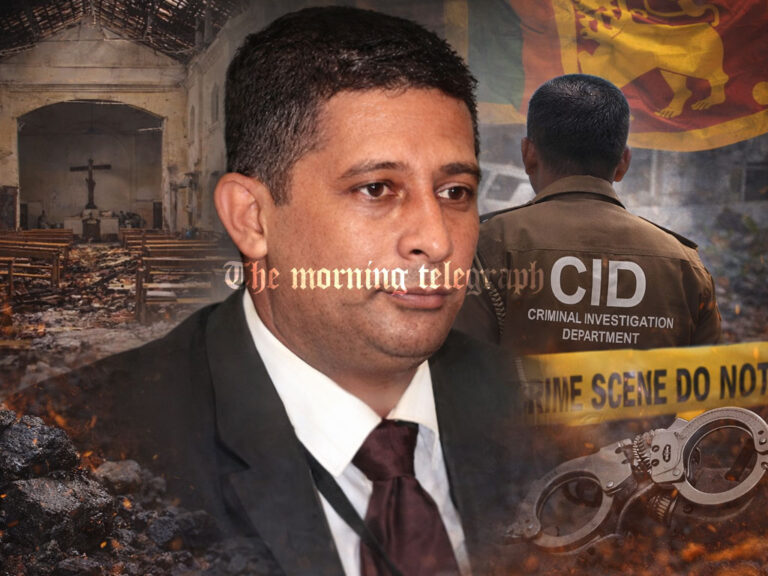
Dr. Wasantha Bandara, General Secretary of the Patriotic National Movement, has described the resignation of Ashoka Ranwala from the position of Speaker as a consequence of internal conflicts between the National People’s Power (NPP) and the Janatha Vimukthi Peramuna (JVP). According to Dr. Bandara, this development signifies a victory for the NPP faction over its JVP counterpart.
Speaking to the media, Dr. Bandara provided his analysis of the controversy:
He pointed out that the issue surrounding Ranwala’s educational qualifications has been amplified at a time when the government faces mounting criticism for its handling of national crises. “Rather than focusing on the government’s solutions—or lack thereof—to these growing challenges, the opposition has turned the Speaker’s qualifications into a major national issue. This has conveniently diverted attention from their own failures and inability to propose credible alternatives,” he argued.
Dr. Bandara also alleged that the controversy was initially fueled by individuals with an anti-JVP history, such as Nirmal Deva Siri and Mahinda Deshapriya, who are now associated with the NPP. “Their historical opposition to the JVP and current affiliations suggest ulterior motives. It’s clear they see Ranwala, with his strong ties to the JVP’s legacy, as an obstacle to their ambitions within the NPP.”
Despite the criticisms, Dr. Bandara defended Ranwala’s tenure as Speaker, highlighting his sincerity and dedication to JVP politics. He condemned the pressure placed on Ranwala to resign as unjust and detrimental to the political landscape. “There’s no global precedent that mandates a Speaker to hold a doctorate or advanced degree. Ranwala hasn’t presented a forged certificate; the delay in retrieving the lost certificate should have been met with understanding, not coercion. Forcing his resignation sets a dangerous precedent.”
He further criticized the narrative promoted by the NPP that academic credentials such as doctorates or professorships are prerequisites for political leadership. “This mindset undermines the contributions of individuals who may lack formal degrees but possess valuable experience and knowledge gained through their sacrifices for the nation. Politics is not solely about academic accolades; it’s about dedication, service, and practical understanding,” Dr. Bandara concluded.
The controversy over Ashoka Ranwala’s resignation not only highlights ideological divisions within the NPP and JVP but also raises broader questions about the role of educational qualifications in political leadership. While his resignation may be seen as a tactical victory for certain factions, it underscores the ongoing struggles within opposition politics as they grapple with their identity and strategy in addressing national issues.




